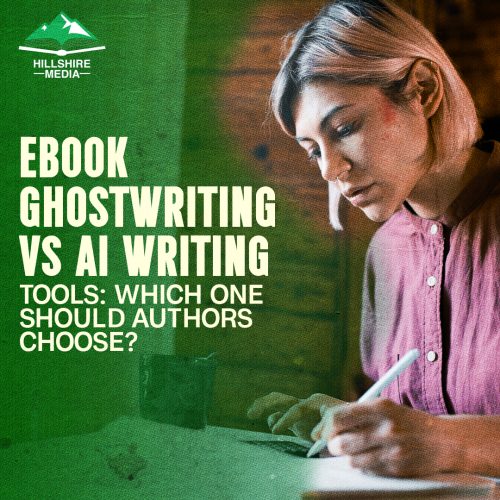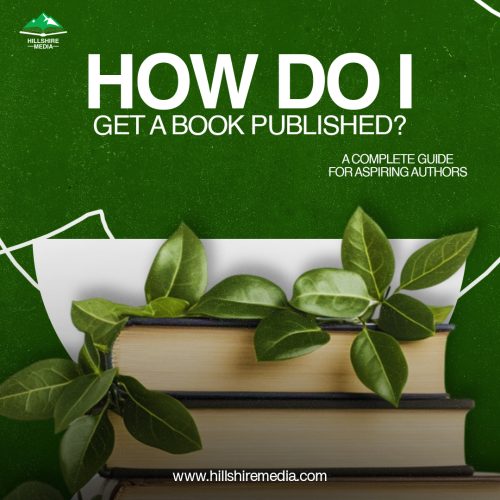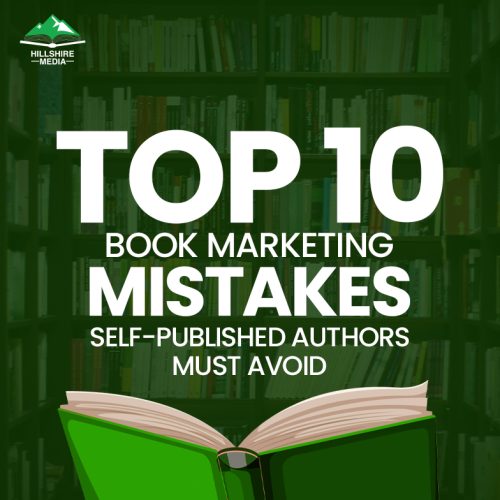Many aspiring short story writers often wonder how to write short stories that truly captivate readers from the very first sentence. The challenge frequently lies in developing strong plot ideas for short stories or mastering the proper short story structure to keep the narrative focused and engaging. Writing short stories requires both precision and creativity—skills that can be sharpened with practice, patience, and the proper guidance.
If you’ve struggled to write short stories that maintain attention and deliver a satisfying impact, this comprehensive guide is designed to help you. Filled with practical steps, essential story elements, and expert creative writing tips, it offers everything you need to create compelling short stories. Whether you’re a beginner or want to hone your craft, this ultimate guide will help you grow as a confident short story writer.
What Is a Short Story?
A short story is a brief work of fiction, usually between 1,000 and 7,500 words. Unlike novels, which explore multiple themes, characters, and subplots over an extended narrative, short stories focus intensely on a single idea or event. This concise storytelling format delivers a powerful, memorable message in a limited space.
Short stories hold a special place in literature because they provide snapshots of life, often revealing poignant moments or twists that linger with readers. For short story writers, short stories are an ideal format for experimenting with style, voice, and narrative technique without the time commitment required by longer works. Writing short stories can also be an excellent stepping stone to novel writing or screenwriting.
Why Write Short Stories?
There are many compelling reasons why writers choose to focus on short stories:
- Practice creativity: Due to their brevity, short stories let you test new ideas, voices, and styles without long-term commitment.
- Experiment with ideas: You can explore different genres, themes, and characters quickly, helping you discover what resonates most with your voice and audience.
- Build a writing portfolio: Publishing short stories in journals, magazines, or online platforms can enhance your credentials and open doors to larger projects or book deals.
- Sharpen storytelling skills: Short stories require tight plotting, clear character motivation, and precise language, which sharpen core writing skills faster than longer works.
Famous short story writers like Edgar Allan Poe, Alice Munro, and Raymond Carver illustrate the power and versatility of the form. Their success inspires new writers to dive into writing short stories as a means to refine their craft and tell powerful stories with economy.
Essential Elements of a Short Story
Plot
The plot of a short story must be clear, concise, and compelling. It typically follows a simple structure with a beginning, middle, and end focused around one central conflict or problem. Every scene, action, and detail should advance the plot and contribute to resolving the conflict. Unlike longer narratives, short stories do not have room for extraneous subplots or side stories.
Characters
In character development in short stories, you have limited space, so every trait and action counts. Create characters that are vivid and relatable by focusing on key motivations or emotions that drive the story. Avoid overcrowding the narrative with too many characters, as this can dilute the emotional impact.
Setting
A strong setting quickly immerses readers in the story world, but in a short story, descriptions must be brief yet vivid. Use sensory details—sights, sounds, smells—to build atmosphere and context without slowing the pace.
Theme
Your story’s theme or message is the underlying idea that gives it depth and purpose. Themes in short stories often deal with universal concepts such as love, loss, identity, or change. A well-executed theme emerges naturally from the interaction of characters and plot, leaving readers with something to ponder.
Step-by-Step Process of Writing Short Stories
Step 1 – Find Your Idea
Great plot ideas for short stories often come from everyday life, personal experiences, writing prompts, or simply observing the world around you. Inspiration can strike at any time, so keep a notebook or digital app handy to jot down ideas as they arise. Sometimes, asking “What if…?” questions or imagining a character’s dilemma sparks compelling stories.
Step 2 – Plan Your Story
Before writing, plan your story with a brief outline that highlights key plot points and character motivations. Planning ensures your narrative remains focused and fits the typical length constraints of a short story. Your outline doesn’t have to be rigid—think of it as a roadmap to guide your creativity.
Step 3 – Write Your First Draft
When writing the first draft, prioritize flow over perfection. Write freely, allowing ideas to pour onto the page without stopping to edit or second-guess yourself. The goal is to capture the essence of your story and build momentum.
Step 4 – Revise and Edit
Revision is where your story truly takes shape. Edit for clarity, pacing, and emotional impact. Remove unnecessary words, tighten dialogue, and ensure each scene serves the plot. Getting feedback from trusted readers or writing groups can provide fresh perspectives and help you polish your story to its best form.
Tips for Writing Short Stories Like a Pro
- Keep it focused and concise: Eliminate fluff and make every word count.
- Show, don’t tell: Reveal character and emotion through actions, dialogue, and vivid imagery rather than exposition.
- Use strong openings and endings: Grab readers’ attention immediately and leave them with a powerful conclusion.
- Use natural dialogue: Write conversations that sound real and propel the story forward.
Common Mistakes to Avoid
- Too many characters or side plots: These can overwhelm readers and weaken the story’s core.
- Rushing the ending: Take time to resolve the conflict thoughtfully for reader satisfaction.
- Ignoring pacing: Balance moments of tension and calm to maintain engagement.
- Weak character development: Even in short stories, characters must be believable and relatable.
Resources for Short Story Writers
- Recommended books: Bird by Bird by Anne Lamott and The Elements of Style by Strunk and White are excellent resources to improve your craft.
- Online writing courses: Platforms like Coursera offer Creative Writing Specializations, and MasterClass features sessions with authors like Neil Gaiman.
- Writing groups and forums: Join communities such as Reddit’s r/writing or Scribophile to share your work, get feedback, and learn from peers.
Want professional help? Hillshire Media offers expert ghostwriting, editing, and publishing support for short story writers. Get a free consultation today!
Frequently Asked Questions
1. What’s your step-by-step process of writing short stories?
Start by gathering ideas, plan your plot and characters, write the first draft without overthinking, and then revise and polish your story.
2. How long should a short story be?
Typically, short stories range from 1,000 to 7,500 words, depending on your publishing goals or submission requirements.
3. Can beginners write short stories?
Absolutely! Short stories are an excellent format for beginners to practice storytelling and improve their skills. Persistence and practice are key to becoming a skilled short story writer.
Final Thoughts
Writing short stories is a craft that anyone can develop with dedication and the right approach. By following this guide’s clear steps and applying essential creative writing tips, your skills will improve with every story you write. Make it a habit to practice regularly, read widely to understand different styles, and seek constructive feedback. When you need professional assistance, Hillshire Media is ready to provide expert guidance and support for short story writers eager to polish, publish, or perfect their work. Your journey toward becoming a confident and accomplished short story writer begins today!



